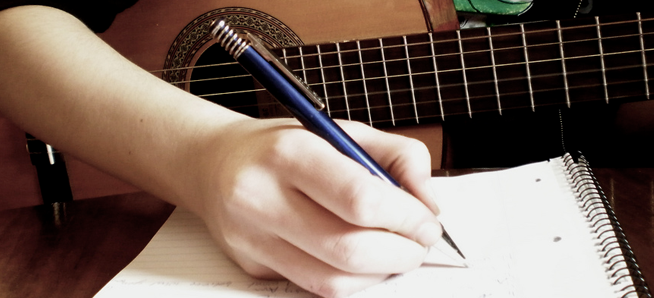How Songwriters Make Money From Publishing
by Justin M. Jacobson, Esq., The Jacobson Firm, P.C.

While songwriters and musicians are often advised by their fellow artists to keep their own publishing, such an approach is no longer especially applicable in the modern music economy. It is more important that artists develop a solid understanding of where exactly publishing revenue comes from, and how to deal with Performing Rights Organizations.
Every new musician is told by some other musician or industry professional “to keep your publishing” or some variation of this. Such a statement is archaic and a potentially career debilitating mistake. A better understanding of what “publishing” monies consist of and why this outdated advice of “keeping your publishing at all costs” no longer applies in today’s digital music age is needed.
Generally, “publishing money” as it is referred to, actually includes the royalties earned from the public performance of a musical work, specifically for the owners of the copyright in the underlying musical composition. Typically, the underlying musical composition in a musical work refers to the lyrics and underlying musical composition. These rights are owned by the track’s songwriters, composers and publishers.
A track’s songwriters, producers and composers must sign up with the appropriate performing rights organization to receive their public performance royalties or so-called “publishing monies.” In the U.S., the Performing Rights Organizations are ASCAP, BMI and SESAC. Each country has their own performing rights organizations, so a foreign citizen might apply and become a member of the organization for the country they are citizen of.
Once an individual is signed up with a Performing Rights Organization, they must properly index their works with that organization. This involves listing each track’s writers and composers as well as their appropriate ownership percentage. The performing rights organizations then collect and distribute these “small” public performance royalties to its members based upon its own unique pay-out formula. Each organization has its own pay-out formula and a musician can research and determine the best fit for their music on each organization’s official website.
Every Performing Rights Organization collects and licenses their members’ works for public performance usages. Some of these public usages include license fees to play the songs on terrestrial and satellite radio, on television, in motion pictures, through digital streaming services and for the live performances of the works at venues, stadiums, theme parks and concert halls as well as colleges and universities.
Today’s music business has evolved to a more 360° model, where all of the artist’s monetary revenue streams are subject to recoupment and payment to a particular entity, like a record label. These deals typically include a specific percent interest in the signing artist’s “publishing;” and, since this has become the norm, it’s nearly impossible for an artist to have such stream excluded.
In order for an artist to typically achieve the notoriety and budget needed to create a real impact in the entertainment industry, the benefits that a major label receives in return must be worth their time and effort. Without one of the most lucrative streams of income, i.e. “publishing,” such a feat is nearly impossible and impractical from a label’s point of view.
So some new advice is, keep your publishing unless you have a really good reason not to, like to bring your career to the next level, a level that you might not have otherwise been able to achieve. As they say 100% of nothing, is, well, nothing.
For additional information and membership forms, please visit www.ascap.com ; www.bmi.com; or www.sesac.com.
[Article used by permission from Justin Jacobson]
Justin M. Jacobson has helped bring in numerous new high-profile clients, including Celebrity DJ/Producer Joshua “Zeke” Thomas and his Gorilla Records label; international live art competition, ArtBattles; G-Unit Records recording artist, Precious Paris; former NY Jet Donald Strickland; Warner-Chappell producer, J-Dens; celebrity jewelry designer, Laurel DeWitt; and BMI Latin award-winning producer, Carlos Escalona. He also spoke at Cardozo School of Law as part of “Beyond The Billboard: Advertising Law in the Fashion Industry” presented by their SELSA & IPLS Fashion Law Committees. He is a lawyer at The Jacobson Firm, P.C.: http://www.thejacobsonfirmpc.com/
To enter the 21st Annual USA Songwriting Competition, go to: http://www.songwriting.net


